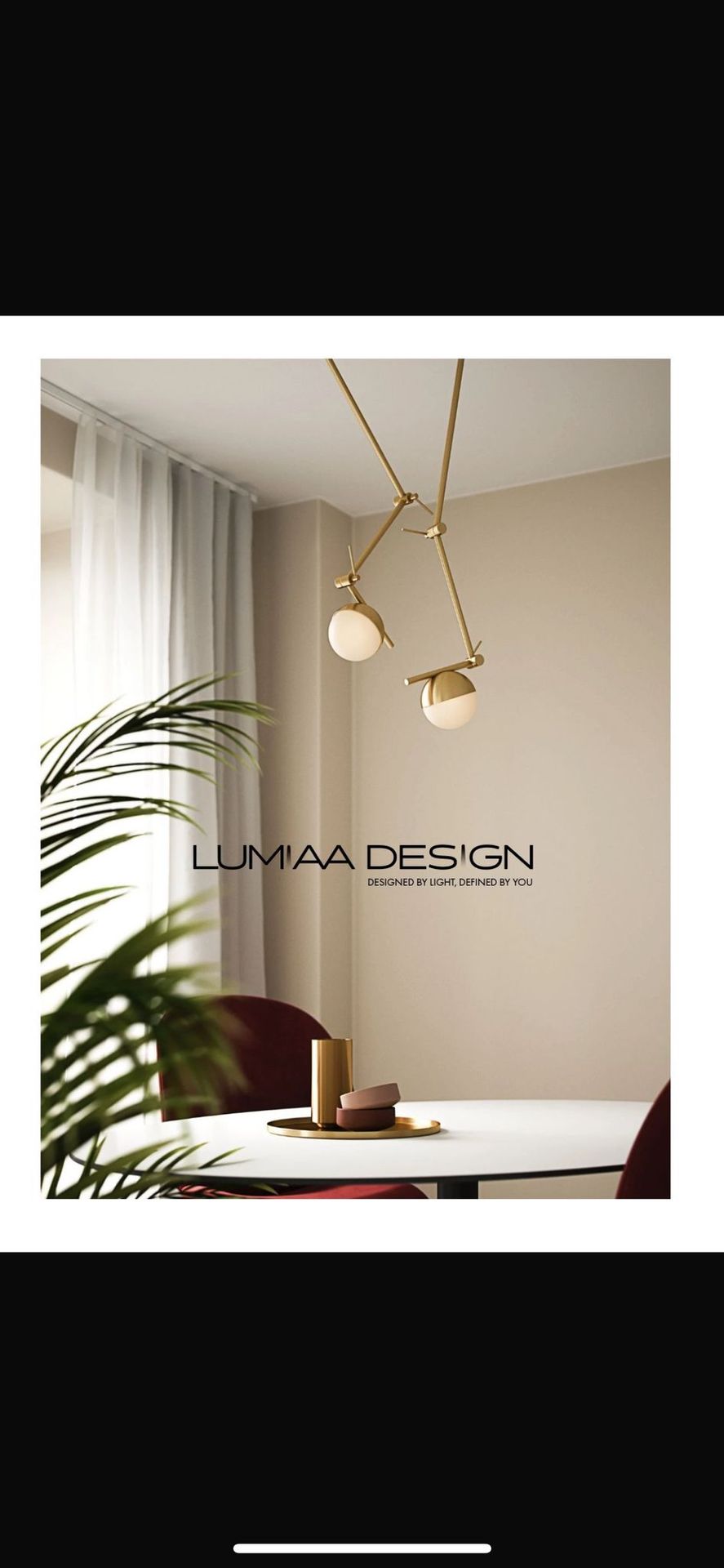Illuminating Spaces: The Role of Lighting in Hotel Design
Rd
The Importance of Lighting in Hotel Design
In the world of hotel design, lighting is much more than just a functional necessity. It plays a crucial role in creating an atmosphere that enhances the guest experience, influences perceptions, and reinforces the brand identity. Proper lighting can transform a hotel from a mere place to stay into an enchanting space that guests remember long after their visit.
Lighting in hotels is carefully curated to guide guests through their journey, from the warm welcome of the lobby to the tranquil ambiance of guest rooms. Each area requires a tailored approach to lighting that balances aesthetics with practicality. The right lighting can highlight architectural features, create zones within open spaces, and even evoke specific emotions.

Creating an Inviting Atmosphere
The first impression is often made in the hotel lobby, where lighting sets the tone for a guest's entire stay. A well-lit lobby with layered lighting can create an inviting and sophisticated environment. This involves using a combination of ambient, task, and accent lighting to create depth and interest. Accent lighting can be used to spotlight art pieces or architectural details, while soft ambient lighting can provide a warm glow that invites relaxation.
Beyond aesthetics, the functionality of lighting is paramount. It must cater to both day and night settings, adapting to natural light availability and ensuring guests feel comfortable at all times. A thoughtful design might include dimmable lights or smart lighting systems that adjust automatically based on the time of day.
Enhancing Guest Rooms
Guest rooms are personal sanctuaries where lighting plays a pivotal role in promoting comfort and relaxation. Here, flexibility is key. Guests should have control over the lighting to suit their needs, whether it's bright lighting for reading or dimmed lights for unwinding. Designers often use bedside lamps, floor lamps, and strategically placed LEDs to provide layers of light that can be customized.
Furthermore, incorporating natural light is essential. Large windows or translucent curtains allow for ample daylight while maintaining privacy. This not only enhances the room's ambiance but also helps regulate guests' circadian rhythms, contributing to a better rest experience.
Lighting as a Brand Statement
Lighting can be a powerful tool to convey a hotel's brand identity. Unique light fixtures or creative installations can serve as memorable focal points that leave a lasting impression. Whether it's chic modern chandeliers in a luxury hotel or rustic lanterns in a boutique inn, these elements reflect the hotel's personality and promise.
Moreover, energy-efficient lighting solutions are becoming integral to hotel design. Sustainable practices not only reduce environmental impact but also align with many guests' values, enhancing the hotel's reputation as an eco-friendly establishment.

Innovative Lighting Technologies
Advancements in technology have opened up new possibilities for hotel lighting design. Smart systems offer guests personalized control over their environment through apps or voice commands. These systems can be programmed to create different scenes at the touch of a button, such as a "work" setting with bright task lighting or a "relax" mode with soft ambient light.
LED technology is also revolutionizing hotel lighting with its energy efficiency and versatility in color and intensity control. This allows designers to experiment with different hues and effects without compromising on energy consumption.
The Future of Lighting in Hotels
As hotel design continues to evolve, lighting will remain at the forefront of creating exceptional guest experiences. Future trends may focus even more on personalization and sustainability, integrating lighting with other smart technologies for a seamless experience.
Ultimately, the role of lighting in hotel design is about crafting spaces that not only meet practical needs but also inspire and delight guests. By strategically using light, hotels can transform everyday environments into extraordinary experiences.
